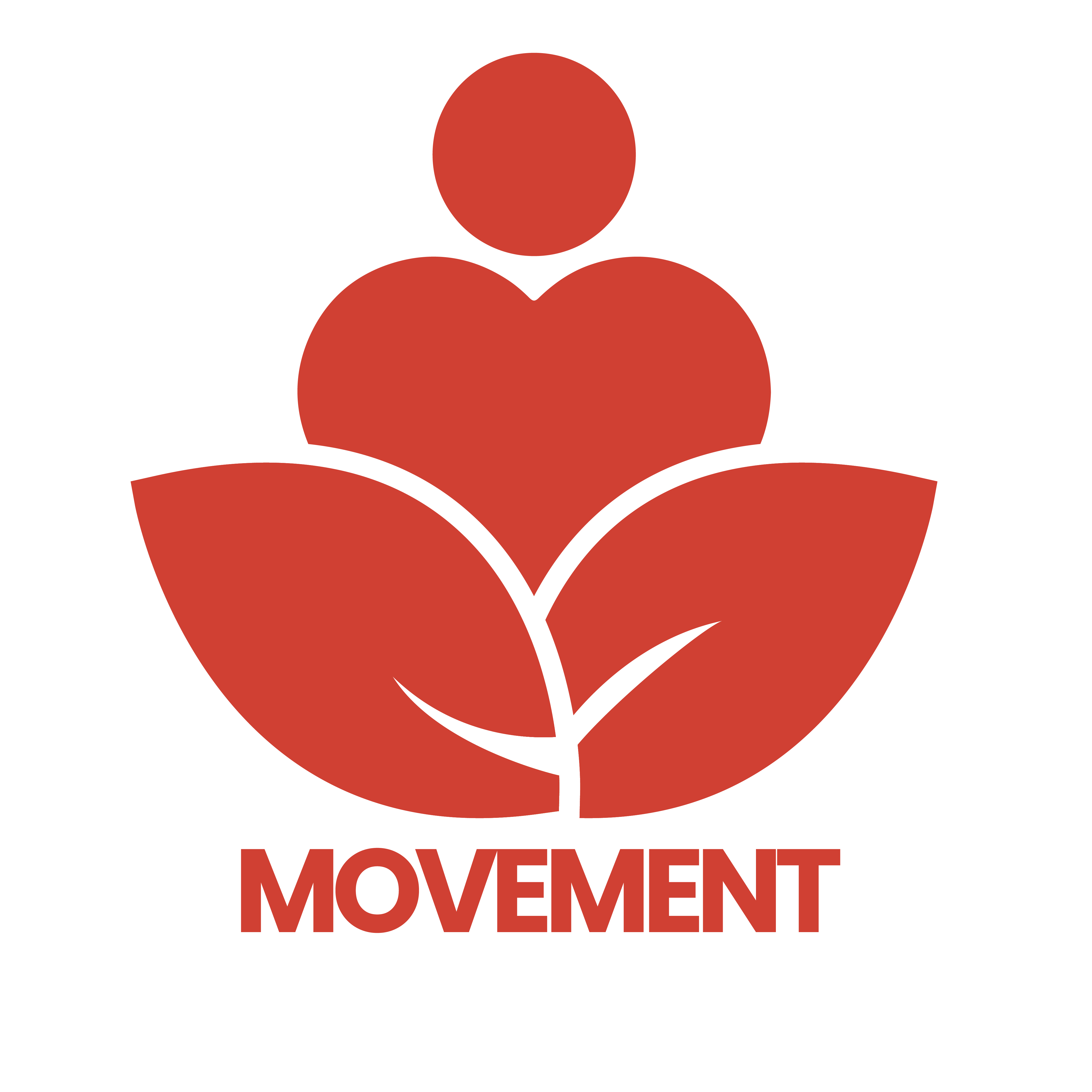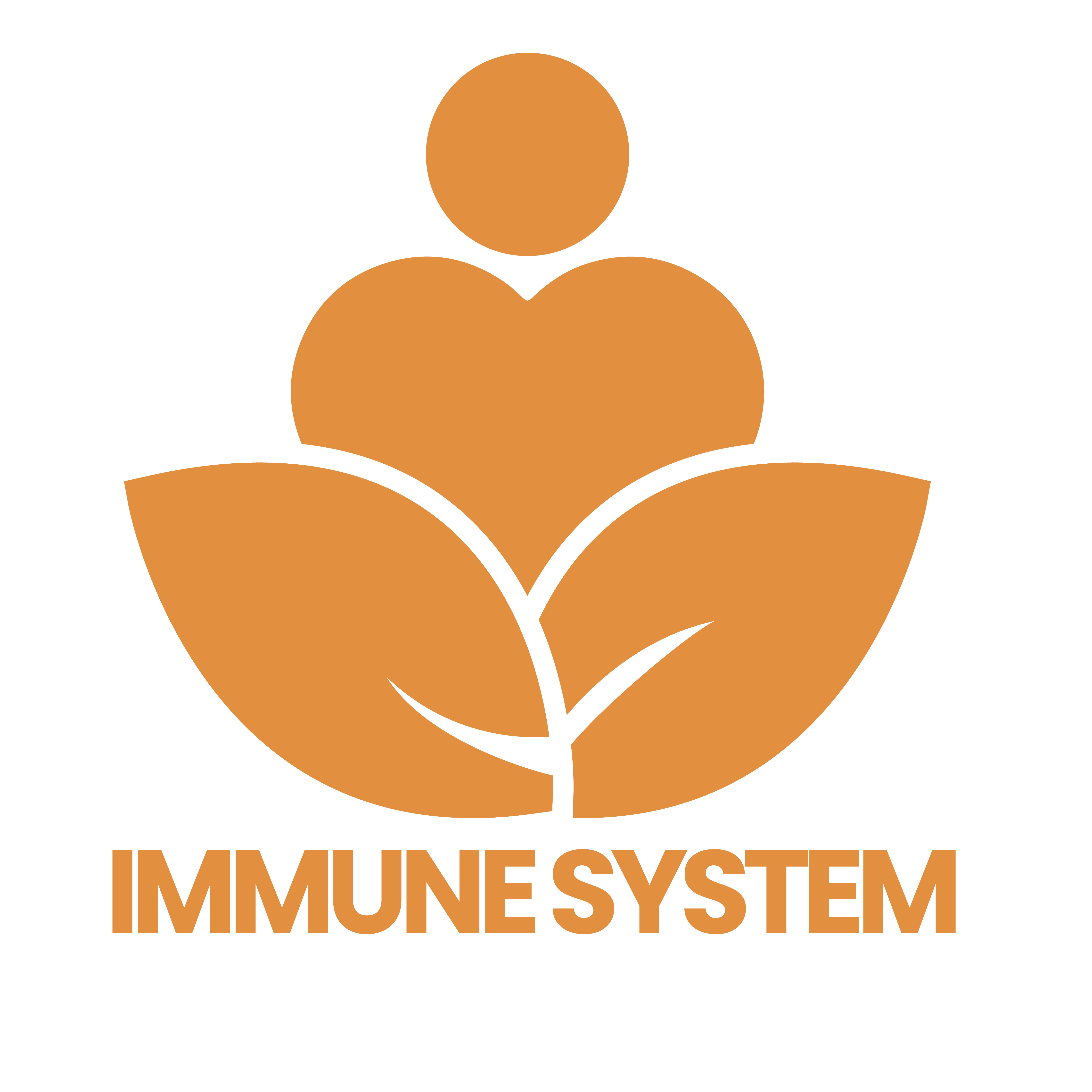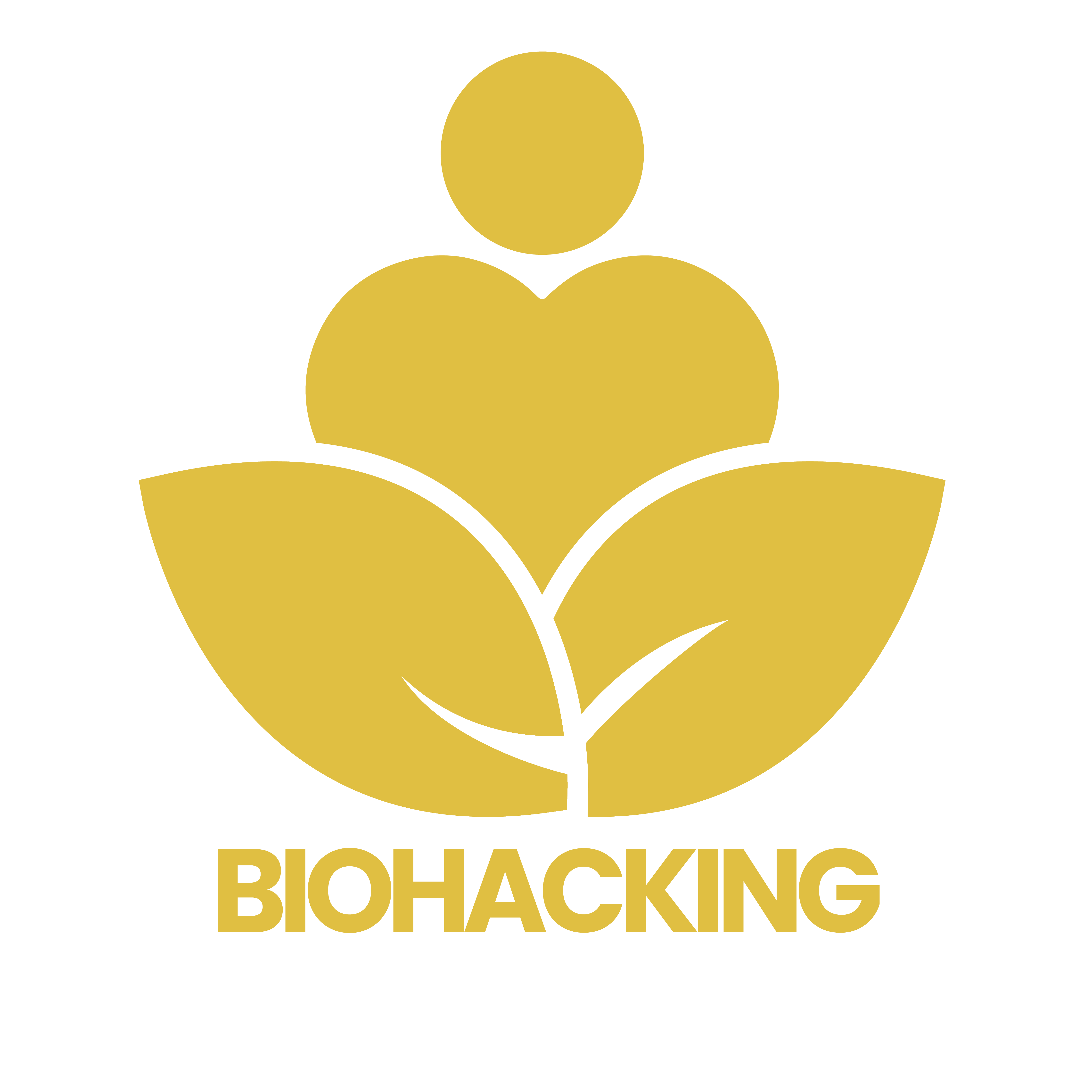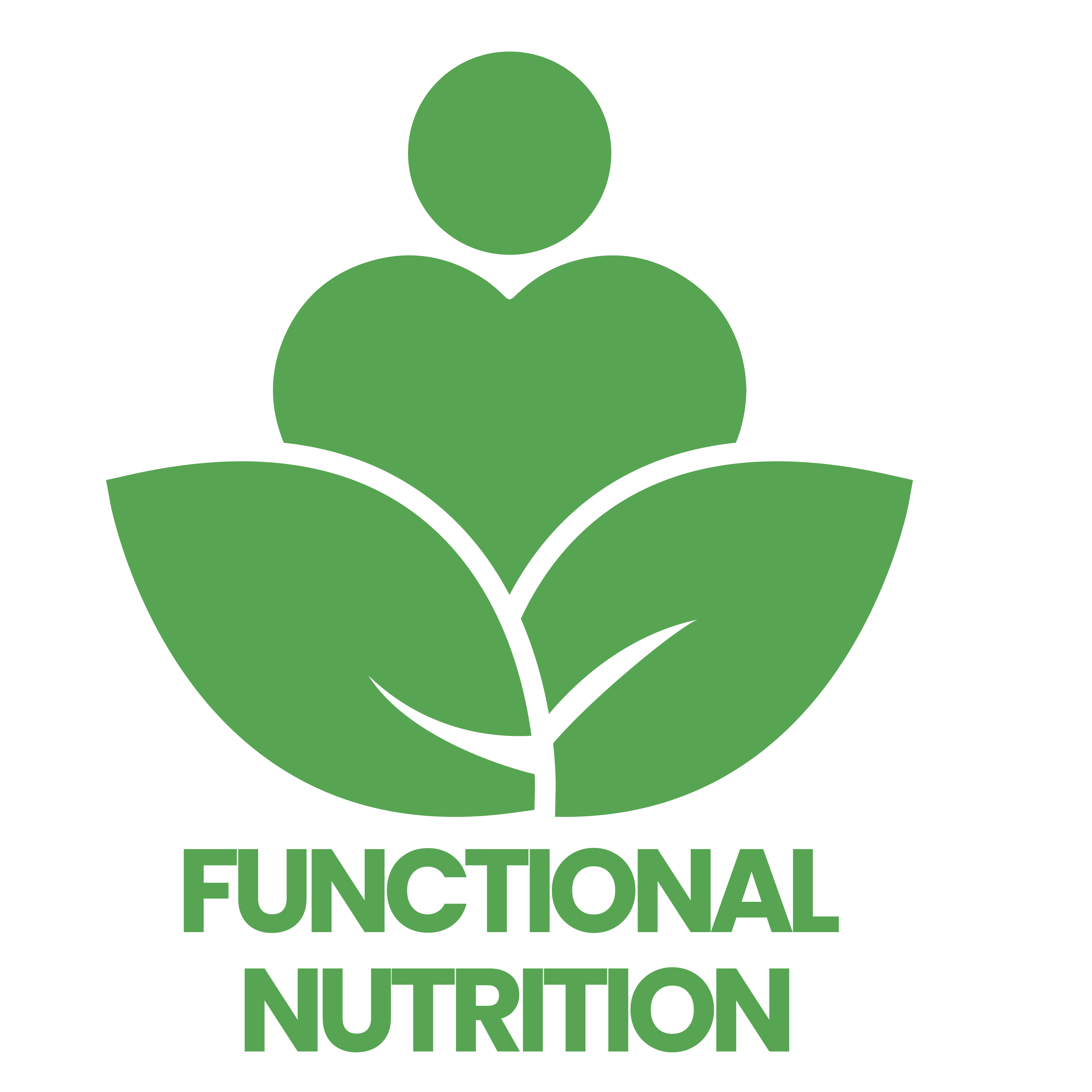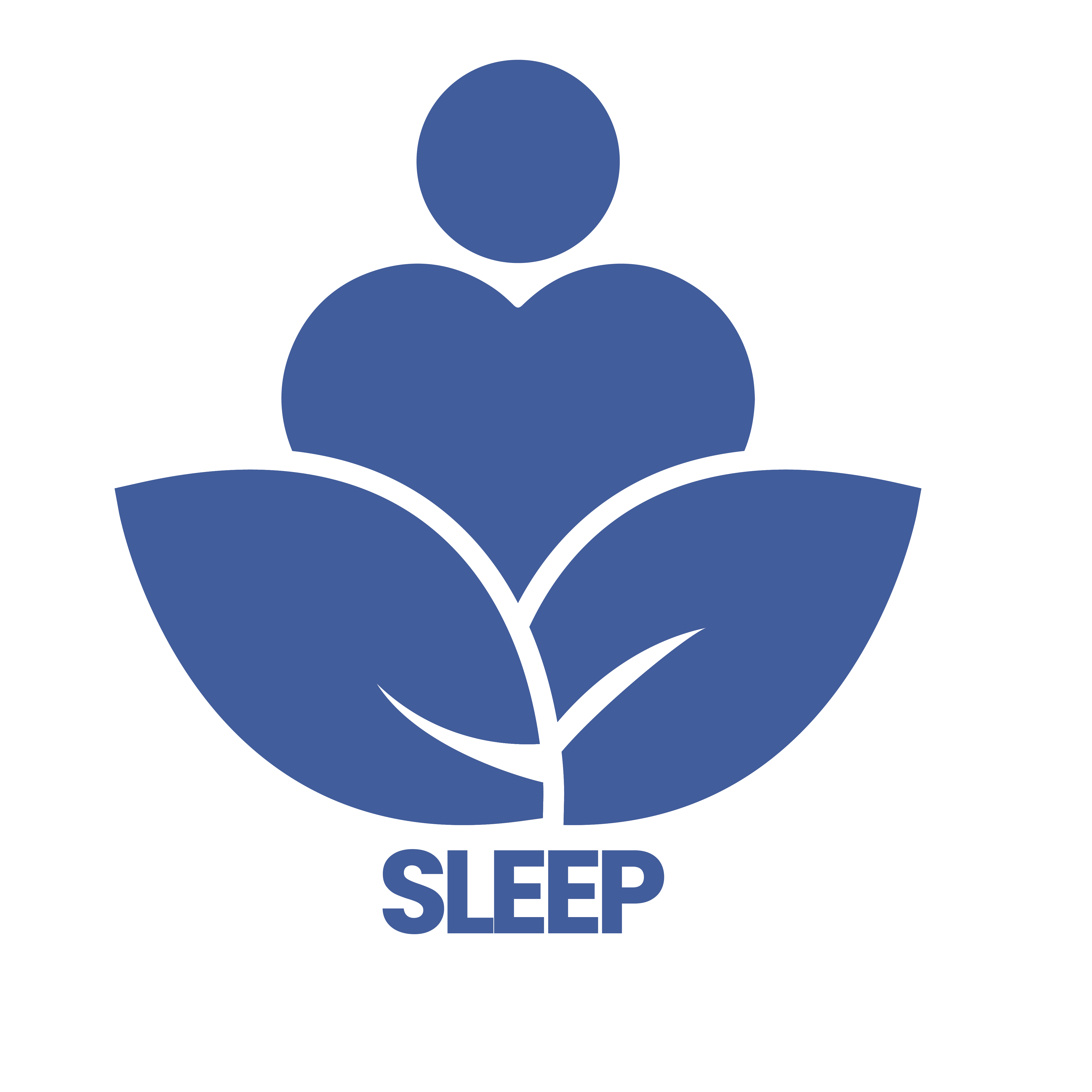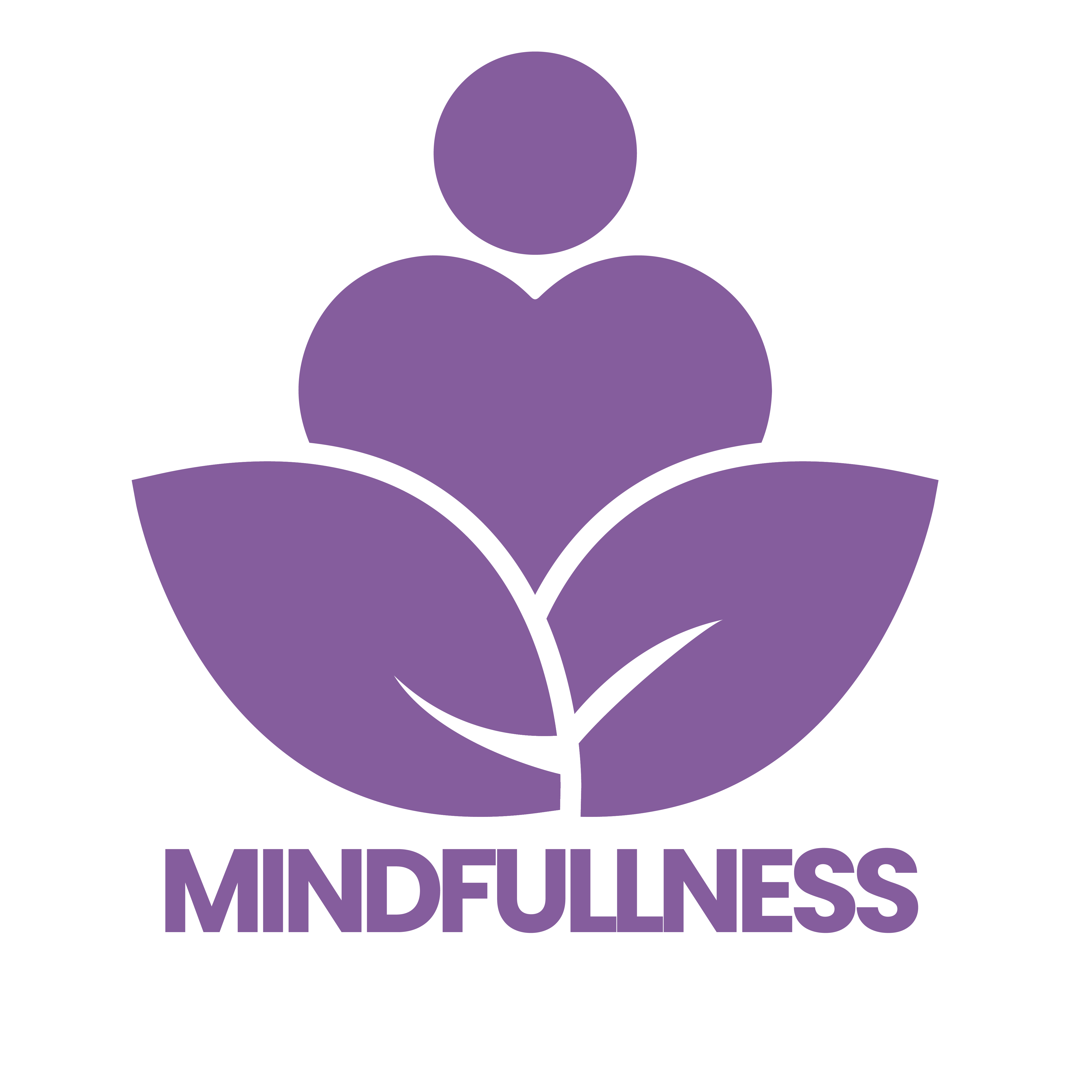The Six Elements
Of Health
The Six Elements of Health is a proven formula to future proof your body, find complete wellness and set you on the path to be the future version of you.
Movement
Movement and exercise mean different things to different people. For some, it’s the thrill of a fast-paced, high intensity cardio class. For others, a gentle walk in the countryside fits the bill. Fourteen years of personal training has taught me that there is no one-size-fits-all programme when it comes to exercise. People must enjoy it, feel good, experience the benefits and most of all, want to come back.
To get an all-round healthy balance, there are three main types of exercise which you should aim to incorporate into your programme:
• Cardio: This is aerobic exercise and refers to anything that gets your heart rate up for an extended period. Think running, cycling, swimming and walking, as well as dance classes, or circuits. Cardio exercise helps improve your body’s ability to deliver blood and oxygen to your muscles, strengthening your heart and lungs.
• Strength: Also known as resistance training, this type of exercise includes traditional weight training, body-weight training and activities such as yoga or Pilates. It helps you build muscles that support you in your everyday life, boosts your metabolism and improves the body’s ability to burn more fat in the long run.
• Flexibility: Flexibility training includes yoga, Pilates and stretching. Key in correcting imbalances caused by strength training and general poor posture from modern life, it complements resistance training.
Together, we will work on devising a programme with the optimum balance of cardio, strength and flexibility training to help you thrive on your wellness journey. We will regularly review how your body feels and how it is responding to the exercises, to ensure that your body maintains its glow and avoids plateau.
Immune System
Our immune systems are responsible for fighting foreign invaders in the body – like bacteria and viruses.
Our innate immunity relies on a healthy gut microbiome, but what exactly does that mean?
The gut microbiome is thought to be formed when we are in the womb. It’s a massive ecosystem made up of trillions of organisms such as bacteria, yeasts, and fungi that live in our intestinal tract. These microorganisms are involved in functions which are critical to our health and wellbeing. They play a key role in digesting the food that we eat and help with absorbing the nutrients. They are involved in many other important processes that extend beyond the gut, including our metabolism, body weight and immunity regulation, as well as our brain function and mood.
The gut microbiome can be disrupted by many things; including stress, illness, being overweight, overuse of antibiotics or poor diet. If the gut barrier is weakened, then small particles, like bacteria or small bits of food are able to escape into the bloodstream, where they are marked as intruders and trigger the immune system into action.
Common signs of poor gut health include: Upset stomach (gas, bloating, constipation, diarrhea); unintentional weight changes; fatigue; skin irritation; autoimmune conditions; and food intolerances.
With diagnostic testing we can work together to establish a bespoke nutrition, supplement and lifestyle plan to optimise your immunity via the gut microbiome.
Biohacking
What is biohacking?
It’s a concept which is constantly evolving; but is founded on the art and science of changing the environment around you and inside you so that you have full control over your own biology. It involves trying new techniques and finding out what works.
Very simply, it’s the desire to be the best version of ourselves. We can make changes that will impact our bodies and our brains which will make us smarter, faster and better human beings.
How can we biohack our bodies?
• Fasting; an eating pattern where you cycle between periods of eating and fasting. It does not specify which foods to eat, but rather when you should eat them.
• Red light therapy; a treatment which exposes the body to low levels of red or near-infrared light. Studies have shown that red light therapy may help skin, muscle tissue and other parts of your body heal.
• Cold water immersion; activates the body’s natural healing powers that can relieve the symptoms of many medical conditions and promote a sense of health and wellbeing.
• Using wearables to track the way you operate; the more data you have on your body’s mechanical functions, the more you can optimise the machine that is you.
• Grounding or Earthing; feeling a connection with the Earth. Grounding can increase energy, calm the senses and improve performance. Stress and anxiety can be eliminated by grounding to feel comfortable and safe.
• Sun exposure; keeping your body clock at the right time.
• Nutrigenomics; focuses on how the food you eat interacts with your genes. It also looks at how different nutrients affect how you feel, think, and behave.
Functional Nutrition
Functional nutrition focuses on the individual, not the illness. It is a personalised method of optimising health. We are all unique, with our own genetic make-up, health history and lifestyle. Therefore, we each require a customised strategy to achieve and sustain optimal health.
A nutritionist can help overcome a myriad of problems, including:
• Weight management
• Food allergies
• Digestive problems
• Eating disorders
• Athletic performance
• Fertility or pregnancy issues
• Mood
This branch of nutrition addresses imbalances in the body using food, lifestyle and supplement interventions. Working with a functional nutritionist will help you identify what roadblocks are preventing you from achieving your goals and give you the knowledge, skills and motivation to succeed. A nutritionist can create and implement an effective nutritional treatment plan which matches your own food preferences, cooking style and ability, and lifestyle.
In most cases, a functional nutrition approach will follow a sequence of steps to determine what dietary changes will be most effective. For example:
• Comprehensive evaluation of previous medical history
• Review of organ systems
• Review of medication and supplement history
• Review of current diet and lifestyle habits
• Review of previous medical testing and results
• Nutrient test to gauge potential deficiencies.
Sleep
Read any health advice, and sleep is usually right there at the top of the list – and for good reason. A great night’s sleep can help you maintain a healthy weight, improve your mood, boost your productivity, and much more. Because of this, sleep is one of the easiest biohacking techniques to try.
Why is quality sleep so important?
When you are asleep, your body is hard at work. Your systems are busy flushing out toxins, replacing cells, repairing damaged tissues and restoring your energy supply. Your body is taking the time to rest, recover and rebuild so it can perform well the next day.
A lack of quality sleep or sleep deprivation can have substantial negative effects on the body, including:
• A weakened immune system
• Increase in blood sugar levels
• Hormonal imbalances
• Mood and brain function
• Chronic illnesses
Most of us need around 8 hours of good-quality sleep a night to function properly – but some need more and some less. What matters is that you find out how much sleep you need and then try to achieve it.
We can assess sleep quality using health wearables. Results from this data might recommend the following methods to improve sleep:
• Reducing blue light exposure
• Having a bedtime ritual
• Sleeping in a cool room
• Avoiding caffeine 4-6 hours before bed time
• Meditating
Mindfulness
What is mindfulness?
Mindfulness is the basic human ability to be fully present, aware of where we are and what we’re doing, and not overly reactive or overwhelmed by what’s going on around us.
As human beings, mindfulness is an ability that we already possess. It is built into how our brains work and helps to give us focus. It gives us the ability to recognise difficult thoughts and feelings without being overwhelmed by them. It helps us to keep control of our minds and behaviours. It can help us to be authentic and find more balance and joy in our lives.
Research shows that there are many benefits to learning and practicing mindfulness.
Mindfulness can help us cope with depression, boost our psychological wellbeing, manage physical pain, and even have better memory. When it comes to the way we think and feel, being mindful of our emotions helps us to switch to more positive mindsets and work towards being a ‘better’, or at least, a happier person.
We can improve our mindfulness ability through training and practice – it can change how our brains work. When we learn and practice mindfulness, we can begin to be happier and more productive. We improve at neutralising upsetting feelings, staying focused, and controlling our reactions and unwanted behaviours.
Mindfulness tools include:
• Breathing techniques including the Wim Hof method, using meditation techniques to clear the mind and create a relaxing atmosphere.
• Health wearables
• Access to my hand picked mindful psychotherapists who can include mindfulness techniques in your therapy

